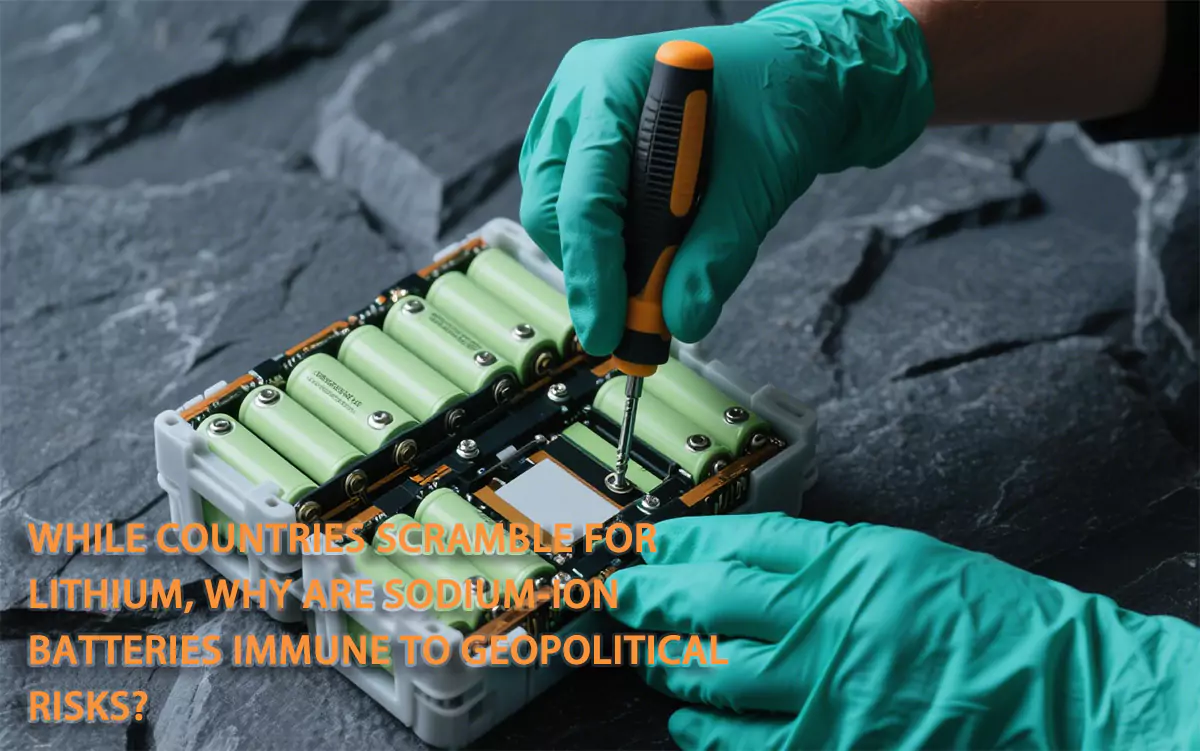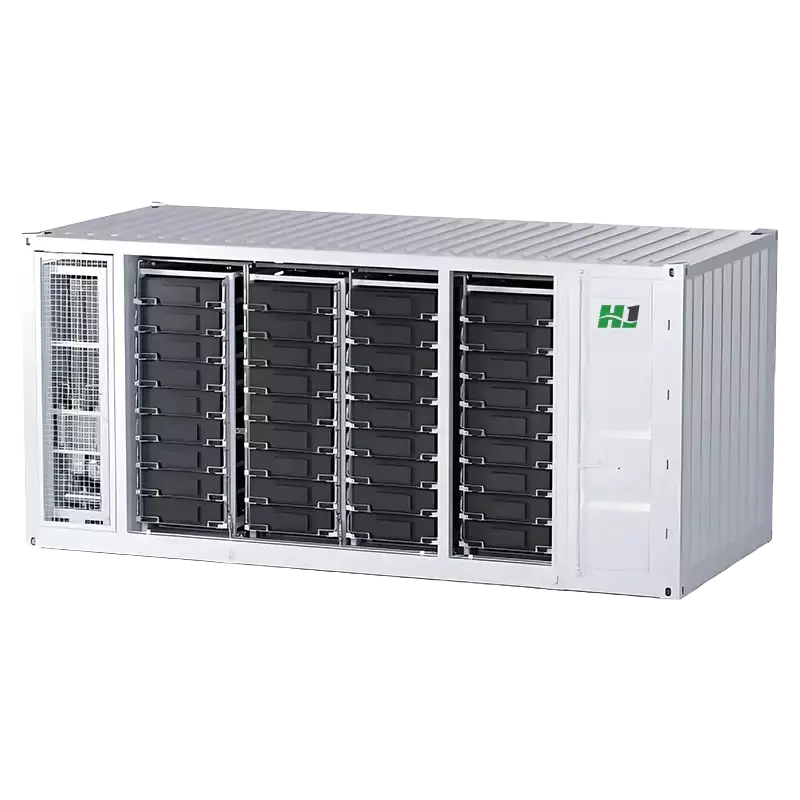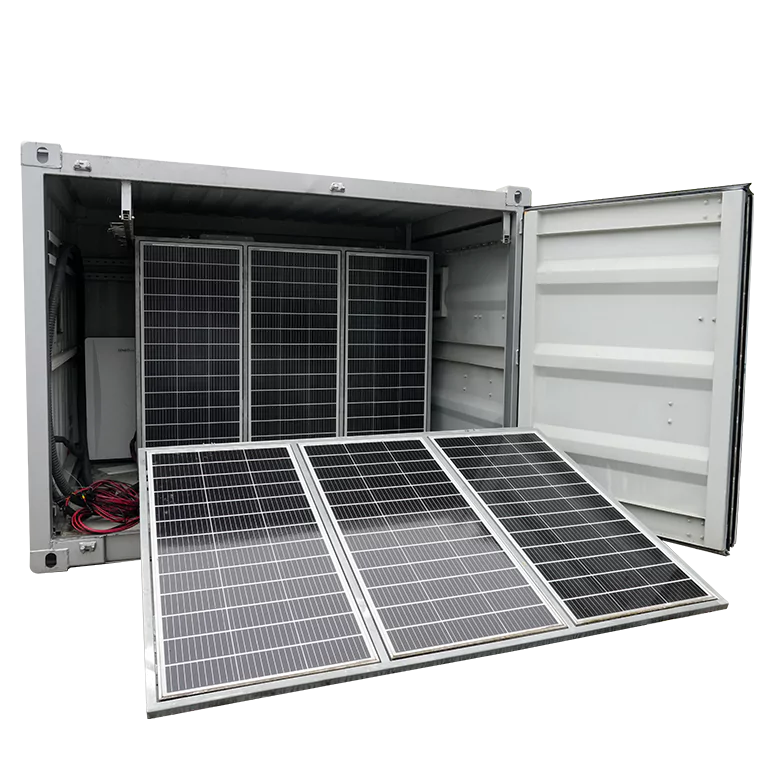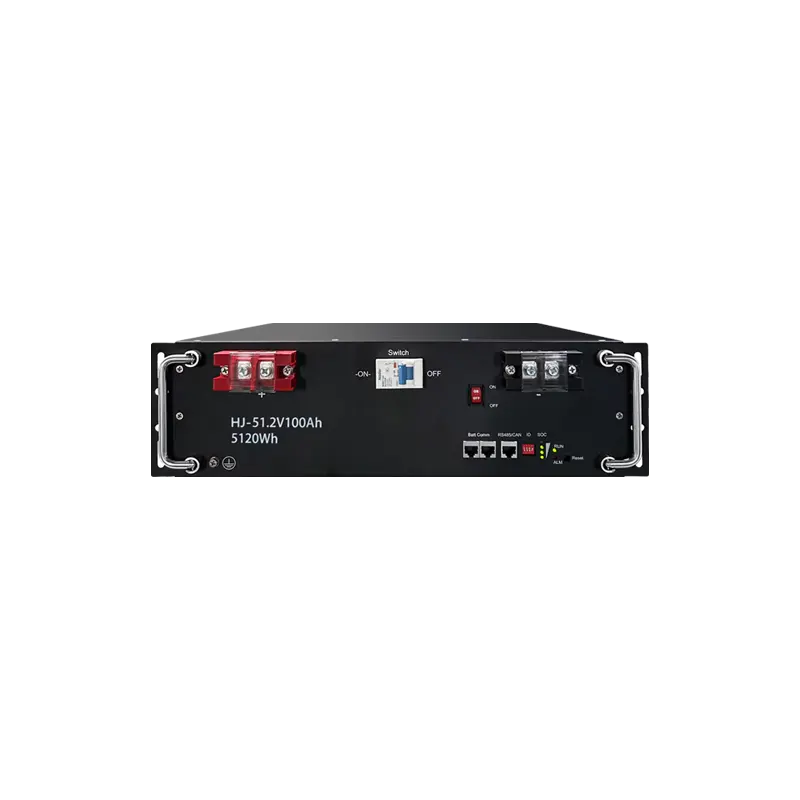While Countries Scramble for Lithium, Why Are Sodium-Ion Batteries Immune to Geopolitical Risks?

Why Sodium-Ion Batteries Offer a Strategic Advantage
Today, lithium-ion batteries still dominate the landscape of electric vehicles and energy storage. However, the raw materials behind them — lithium, cobalt, nickel — are heavily concentrated in a handful of regions, many of which are politically sensitive. This makes these metals frequent targets of geopolitical maneuvering and trade disputes, introducing real risk to downstream industries.
Against this backdrop, sodium-ion batteries (or “sodium batteries”) are quickly gaining traction as a promising alternative. In particular, China has officially made sodium-ion tech a strategic priority, pushing forward with industrialization efforts at full speed.
So what makes sodium-ion batteries “safer” and more geopolitically resilient? Here are four key reasons why sodium holds a strong strategic edge:
1. Abundant and Widely Distributed – No Reliance on Sensitive Regions
Sodium is the sixth most abundant element on Earth, found in seawater, salt lakes, rock salt, and soda ash deposits. Its global availability protects against supply disruptions common with lithium, cobalt, and nickel.
2. Easier to Extract – Lower Technological Barriers
Sodium extraction is simpler and more accessible. It can come from seawater desalination brine, salt production byproducts, and natural soda ash. These methods are widespread and mature, requiring less technical dependence on foreign sources.
3. Not a “Strategic Mineral” – Low Regulatory Risk
Sodium is not classified as a critical mineral, avoiding the export controls and trade disputes seen with lithium and rare earth elements. This creates more stability for energy strategy planning and reduces political risks.
4. Strong Policy Support – Fast Track to Commercialization
China has placed sodium-ion technology on a fast track through national policy support. Major players like CATL and Huawei Digital Power are investing, and multiple large demonstration projects are already underway.
Final Thoughts: Not a Replacement, but a Strategic Complement
Sodium-ion batteries are not meant to replace lithium-ion but to complement them. They offer safer, more cost-effective options for commercial storage, telecom, and data centers. With secure resources and strong policy backing, sodium-ion is shaping up as a key trend in energy storage’s future.
Find Your Solar + Battery Storage Specialist Now!
* Fill out this form and our experts will help you find the perfect solar storage solution for your home or business.














